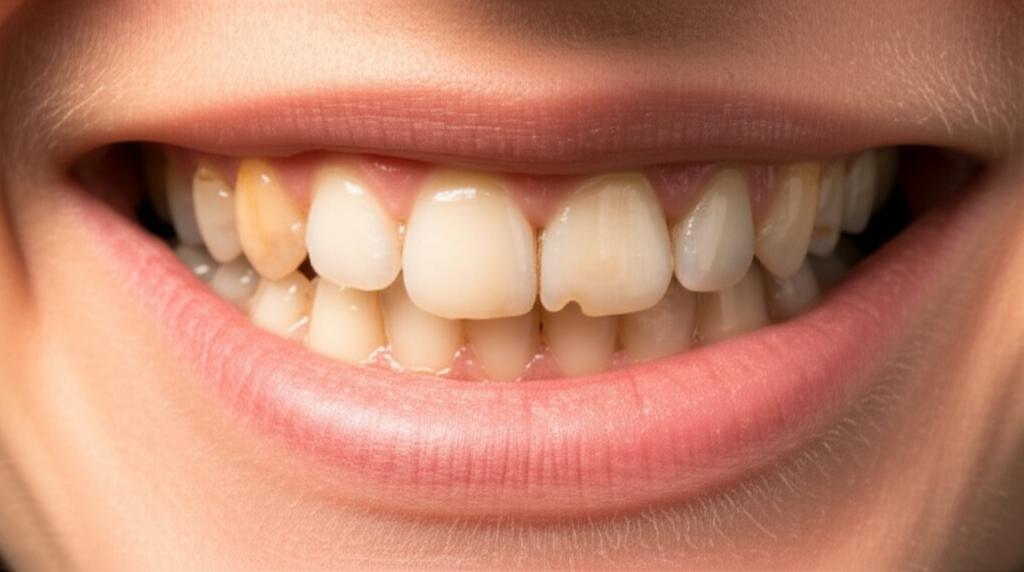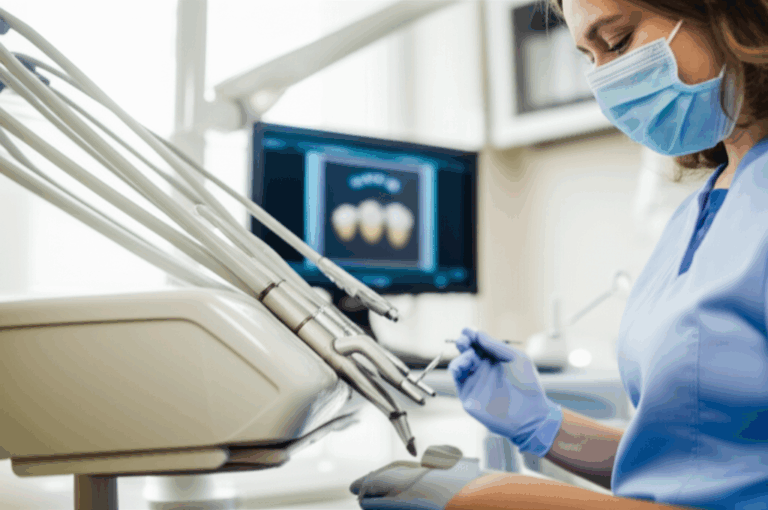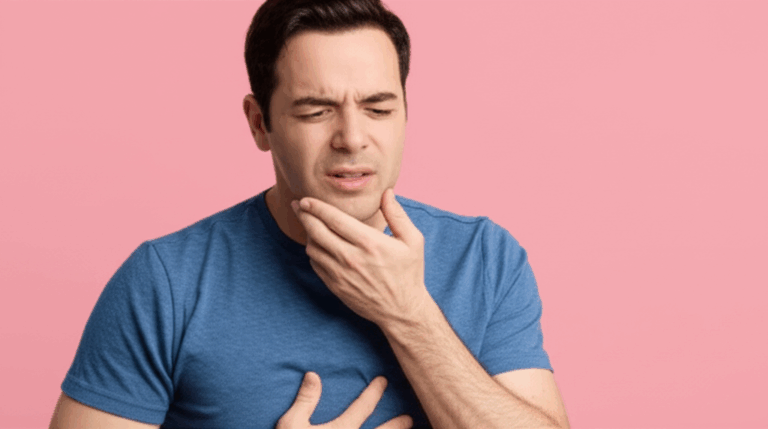
Can Alcohol Cause Dental Problems? Understanding the Risks & Protecting Your Smile
That glass of wine with dinner or a weekend cocktail might seem harmless—maybe even like a little treat after a busy week. But if you’ve ever wondered, “Can alcohol cause dental problems?” or started noticing your teeth feeling extra sensitive, your gums looking kind of red, or those tough stains getting worse, you’re not alone. Lots of people ask the same thing. And honestly, it’s a good idea to ask.
Here’s the main point: Yes, alcohol really can cause dental problems—sometimes faster and worse than you might think. But don’t worry. You’re in the right place for clear answers, simple explanations, and easy tips to keep your smile safe.
Table of Contents
- What Really Happens: How Alcohol Damages Teeth and Gums
- The Specific Dental Problems Linked to Alcohol
- Signs You Shouldn’t Ignore: Red Flags in Your Mouth
- Steps You Can Take to Limit the Harm (and Keep Smiling)
- When It’s Time to See a Dentist
- Your Takeaway: Healthier Habits and Next Steps
What Really Happens: How Alcohol Damages Teeth and Gums
Let’s start with the basics. When you drink alcohol, a few things happen in your mouth—and not all are good. Some of these effects sneak up slowly, but after a while, they can really cause problems.
1. Dry Mouth: Why Alcohol Leaves You Thirsty
Ever woken up with a super dry mouth after a night out? That’s because alcohol makes your body lose more water, including the water you need to make spit. Saliva isn’t just spit: it’s your mouth’s natural cleaner. It washes away leftover food, reduces acids, and starts to fix your tooth surface after you eat.
When you don’t have enough saliva, bad bacteria take over. Think of saliva as the street cleaner in your city; when it stops working, trash (food bits, acids, germs) starts piling up everywhere. That’s how you get cavities, gum disease, and bad breath.
2. Hidden Sugar: Sweet Drinks, Sour Problems
A lot of alcoholic drinks—like fruity cocktails, ciders, and liqueurs—are loaded with sugar. Even “healthy” choices like tonic water can have more sugar than you’d guess. Bacteria love sugar. When they eat sugar, they release acids as waste. Those acids wear down your teeth’s hard shell, leading to cavities.
Think of your enamel like a turtle’s shell. Sugar is like a little hammer that taps away at that shell, until the soft inside (dentin and nerves) are exposed.
3. Acid in Alcohol: Damage You Can’t See
Besides sugar, drinks like wine, beer, and some mixers have low pH (which means they’re sour and acidic). Acid softens your enamel. If you brush your teeth when they’re soft, you might even scrub away more enamel. Over time, acid “melts down” the edges of your teeth, leading to:
- More sensitivity
- Thinner, see-through enamel
- Higher chance of cavities and worn-down teeth
4. Tough Stains: The Side Effect Everyone Hates
If you’ve ever noticed dark stains after red wine or cola, you’re seeing “chromogens” (color makers) and “tannins” from the drinks. These dig into rough spots on your teeth, settling into tiny holes. The result? Stains that only a dentist—or maybe a dental ceramics lab with whitening skills—can get rid of.
5. Weakened Defenses: Easy Target for Infections
Drinking a lot wears down your immune system. In your mouth, this means your body doesn’t fight off infections as well. That makes gum disease and yeast infections like oral thrush more likely.
6. Missing Nutrients: Alcohol’s Sneaky Trick
Alcohol can make it hard for your body to use or keep important vitamins—especially Vitamin C, B vitamins, and calcium. These are needed for strong teeth, healthy gums, and strong jawbones. If you miss out on these, your mouth will notice first.
7. Direct Irritation and Cancer Risk
Alcohol (ethanol) directly bothers the soft parts of your mouth. What’s worse: it turns into acetaldehyde, a chemical that raises the chance of mouth cancer, especially if you smoke too.
The Specific Dental Problems Linked to Alcohol
Now that you know how alcohol starts trouble in your mouth, what are the common problems?
A. Tooth Decay (Cavities): The Usual Suspect
Dry mouth, sugar, and acid together is bad news. Not enough saliva means sugar and acid stay longer, and bacteria get to work. That leads to:
- Sticky, hidden plaque building up
- Acid attacks on enamel
- Cavities showing up
Making it worse, some people skip brushing at night after drinking, which gives the germs even more time.
B. Gum Disease: Sneaky and Quiet
Alcohol weakens your body’s infection fighters, and your gums usually get hit first. Bad brushing and dry mouth let bacteria build up on your gums. This leads to gingivitis (red, bleeding gums) and, if ignored, periodontitis (serious gum disease, bone loss, and maybe lost teeth).
#### Gum Disease, Just Explained
Think of your gums as a house’s foundation. If the base crumbles, even strong walls (your teeth) can’t stay up.
Want more info? Read about dental diseases.
C. Dental Erosion: Acid Doing Its Thing
Unlike cavities (from germs), dental erosion happens when acids wear away your teeth’s minerals. You might notice:
- Smoother, yellow, or “see-through” tooth edges
- Quick pain when eating cold things
- Teeth looking shorter over time
Beer, wine, and tart mixers do this.
D. Oral Cancer: Scary but You Can Lower the Risk
Alcohol and mouth cancer are connected. Drinking raises your risk up to six times—more if you also smoke. Alcohol breaks down into acetaldehyde, which can hurt your DNA and help cancer grow, especially on your tongue, cheeks, or floor of mouth.
Watch for:
- Sores or bumps that don’t heal
- White or red spots that stay
- Numbness or pain that hangs around
Finding it early matters a lot.
E. Tooth Stains: Not Dangerous, But Annoying
Some drinks—red wine, dark beer, whiskey, rum, and certain cocktails—have colors and tannins. Over time, these darken your teeth. Whitening toothpaste or a dentist cleaning can help, but sometimes only a pro or top veneer lab can really fix it.
F. Bad Breath: When It Just Won’t Go Away
Alcohol makes your mouth dry, which lets bacteria multiply. Some of them feed on leftover proteins and give off stinky gases. If you also have cavities or gum disease, the smell can stick around all day.
G. Oral Thrush: Not Just for Kids
A weaker immune system and a dry, sugary mouth can let a fungus called Candida grow too much. Thrush looks like thick white patches on your tongue, cheeks, or roof of your mouth. It can hurt, make eating rough, and smell bad.
H. Tooth Sensitivity: That Weird Quick Pain
Worn-down enamel, gums pulling back, and more tooth wear all mean the inside of your teeth (dentin) is exposed. That can make you flinch with cold, hot, sweet, or sour foods.
I. Tooth Injuries: Accidents Happen More
Alcohol dulls your reflexes and balance. Falls, bumping into things, or tripping can chip, crack, or even knock out a tooth. ERs see a lot of mouth injuries on weekends.
J. Slow Healing After Dental Work
If you had a tooth pulled or other dental work, heavy drinking can:
- Make it harder for blood to clot
- Raise your chance of infection
- Slow down healing
Your dentist will likely tell you to skip alcohol while you heal.
Want more on how alcohol hits your mouth? Read about teeth health.
Signs You Shouldn’t Ignore: Red Flags in Your Mouth
How do you know alcohol is messing with your mouth? Watch for:
- Constant bad breath, even after brushing
- Dry, sticky feeling in your mouth
- Sudden or ongoing sensitive teeth
- Yellow, brown, or dark stains that won’t go
- Gums that bleed when brushing (or look big and red)
- Sores or patches that won’t heal after two weeks
- Loose or shifting teeth
- Pain when chewing or biting
- Tastes or smells that seem weird
- Trouble swallowing
Don’t just think these are normal as you get older or drink more. These are your mouth’s early warning signs!
If you spot any of these, see your dentist soon. Acting early can save your teeth, comfort, or even your life.
Steps You Can Take to Limit the Harm (and Keep Smiling)
Worried you’ve already done some harm, or want to stop problems before they begin? Here’s a simple plan:
1. Drink Less or Not at All
The best way to lower problems is to drink less, or quit. Even swapping some drinks for water can help. For some, quitting is best, especially if you already notice mouth or health issues.
2. Drink More Water
- Drink lots of water before, during, and after alcoholic drinks
- Rinse your mouth with water right after drinking (it helps wash away sugar and acids)
- Chew sugar-free gum to make more saliva
Picture your mouth like a garden—it needs water to stay well!
3. Choose Smarter Drinks
- Skip very sweet cocktails and mixers; pick less sugary, less sour drinks
- Don’t slowly sip a drink for hours—longer contact means more damage
- Avoid bottled mixers and energy drink mixers, since they’re loaded with sugar and acid
4. Good Oral Care: Protect Yourself
- Brush two times a day with fluoride toothpaste (but don’t brush right after sour drinks—wait 30 minutes so the enamel isn’t soft)
- Floss once a day to keep gums healthy
- Use an alcohol-free, fluoride rinse to help fix enamel and fight germs
You might try a digital dental lab for custom mouth care, especially if you wear dentures or mouthguards.
5. Visit Your Dentist Often
- See the dentist at least twice a year
- Tell your dentist about your drinking (they’re here to help, not judge)
- Ask about professional cleanings, extra fluoride, and cancer checks
Dentists can catch problems you don’t notice yet.
6. If You Smoke Too, Consider Quitting
Smoking and drinking together make gum disease and cancer much more likely. Your dentist or doctor can help you find support to quit.
7. Eat Foods That Help Your Teeth
- Pick foods high in vitamins (B, C, and calcium especially)
- Crunchy fruits and veggies (like apples, carrots) boost spit and clean teeth naturally
- Cut down on fast foods, sodas, and extra sugars
For more tips, check out dental care.
When It’s Time to See a Dentist
Think of your dentist as your mouth’s mechanic—a fast check now can stop bigger problems later. See your dentist if:
- You feel pain, notice sensitivity or swelling, or see any of the above problems
- Your gums bleed or seem really swollen
- You have a sore, spot, or cut that’s still there after two weeks
- Your teeth suddenly look or feel different
- You chip, crack, or lose a tooth (especially after drinking)
- You drink often—get checked more often to catch problems early
Even if you feel okay, seeing your dentist regularly helps find quiet problems like gum disease or cancer before they hurt you.
Your Takeaway: Healthier Habits and Next Steps
It’s easy to ignore an extra drink or two, especially if you don’t see quick changes in your mouth. But science says: Alcohol really does raise your risk for lots of mouth problems—from cavities and stains to gum disease and even cancer. The sooner you spot the signs and change your habits, the better your chance at strong teeth and gums for life.
Here’s your action plan:
- Cut back on alcohol
- Drink lots of water to keep your mouth healthy
- Brush, floss, and rinse every day with fluoride products
- Pick drinks and snacks that are easy on your teeth and gums
- Ask your dentist for help—and be honest about your habits
- Don’t ignore warning signs like pain, bleeding, or sensitivity
Making these changes doesn’t mean losing all the fun. It means looking after yourself, one smile at a time.
Remember: When it comes to your mouth, a little info and some prevention can do a lot. If you want more science or info about the latest in dental care—like those at a trusted china dental lab—ask your dentist.
Your smile is worth it. It all starts with what you do today.
References and Good Sources
- American Dental Association (ADA): Dry Mouth, Oral Cancer
- World Health Organization (WHO): Oral Health Fact Sheet
- American Cancer Society: Alcohol Use and Cancer Risk
Checked for accuracy by a licensed dental pro.
Want to know more about your teeth, dental diseases, or new lab-made dental help? Check out these:
Still have questions? Ask your dentist—they’re on your team, and there are no silly questions about your smile.








